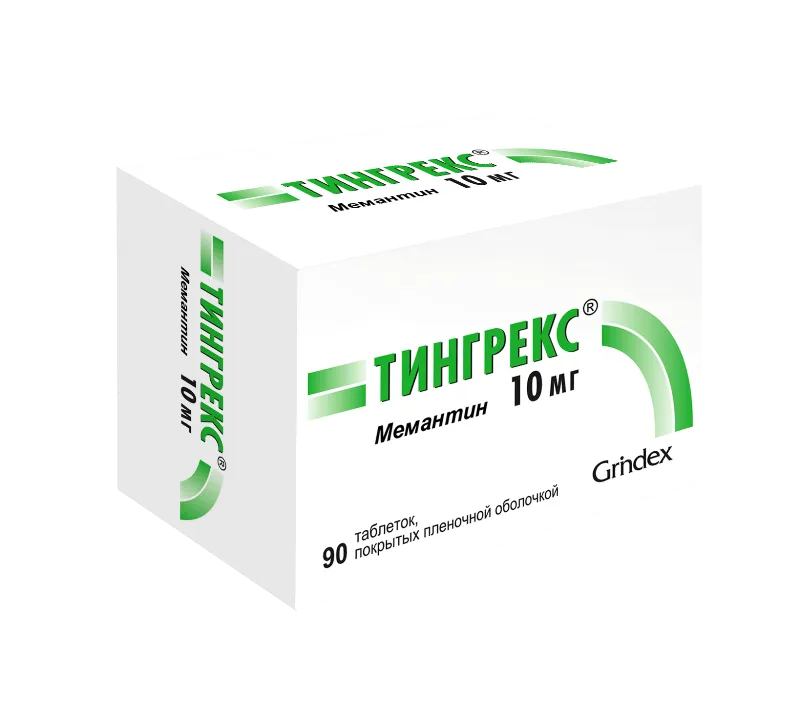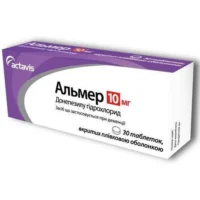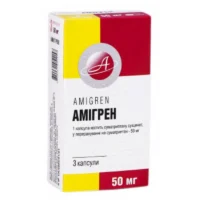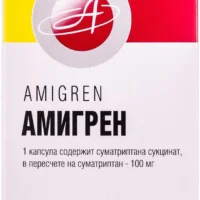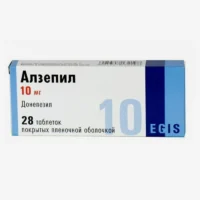Description
Tingrex (Memantine) Coated Tablets 10 mg. №90
Ingredients
- Active ingredient: Memantine hydrochloride
- Other ingredients: microcrystalline cellulose, colloidal silicon dioxide, talc, magnesium stearate, hypromellose, macrogol, titanium dioxide, and iron oxide
Dosage
Recommended dosage: The usual starting dose is 5 mg once daily. The dose is then increased by 5 mg each week. The maximum recommended dose is 20 mg per day.
Indications
Tingrex (Memantine) coated tablets are indicated for the treatment of moderate to severe Alzheimer’s disease.
Contraindications
Do not use Tingrex (Memantine) coated tablets if:
- Allergic to memantine or any other ingredients in the product
- Have severe kidney problems
- Are pregnant or breastfeeding
Directions
Take Tingrex (Memantine) coated tablets exactly as prescribed by your healthcare provider. Swallow the tablet whole with water. Do not crush, chew, or break the tablet.
Scientific Evidence
Memantine has shown efficacy in improving cognitive function and global clinical status in patients with Alzheimer’s disease. Studies have demonstrated that memantine can help slow down the progression of symptoms and improve quality of life in patients with moderate to severe Alzheimer’s disease.
Additional Information
Memantine works by regulating the activity of glutamate, an important neurotransmitter involved in learning and memory. By blocking excessive glutamate activity, memantine helps protect brain cells from damage and improve cognitive function in Alzheimer’s patients.
- Memantine has been extensively studied in clinical trials, showing its effectiveness and safety profile in the treatment of Alzheimer’s disease.
- Research has indicated that memantine is well-tolerated and can be used as a monotherapy or in combination with other Alzheimer’s medications.
Compared to other Alzheimer’s medications, memantine offers a unique mechanism of action, targeting glutamate pathways to provide additional benefits in managing cognitive decline. Its distinct pharmacological profile makes it a valuable addition to the treatment options available for Alzheimer’s disease.

